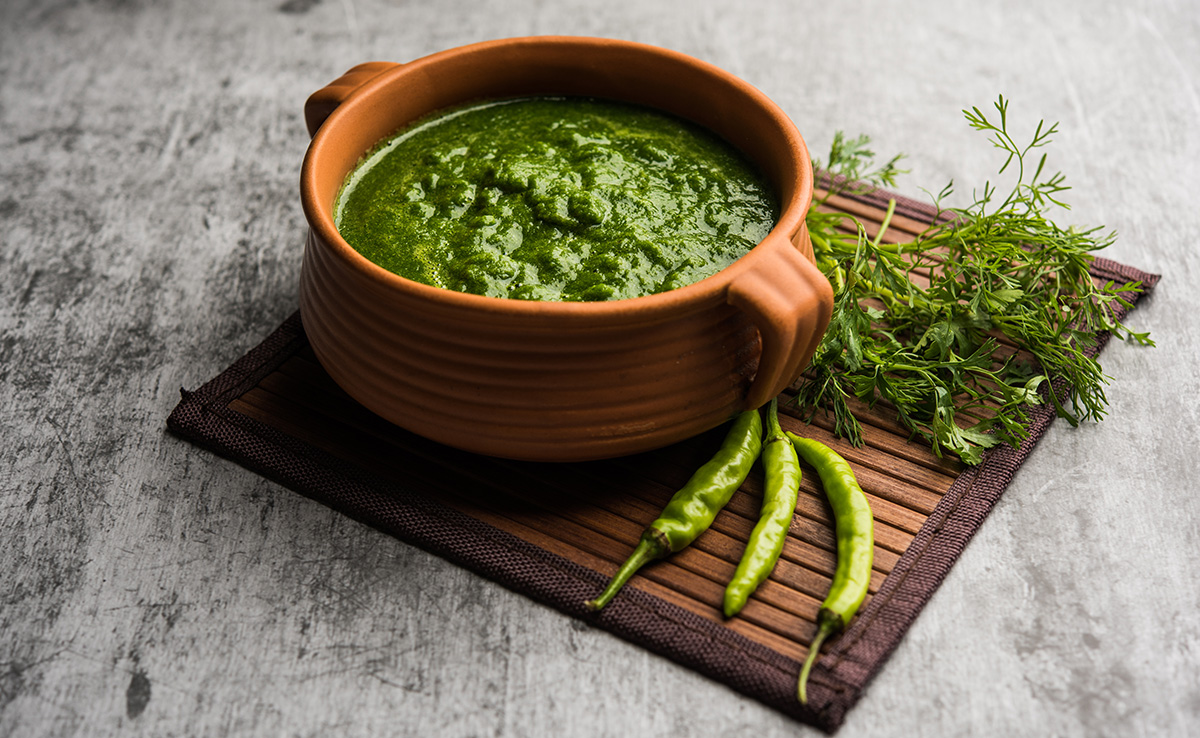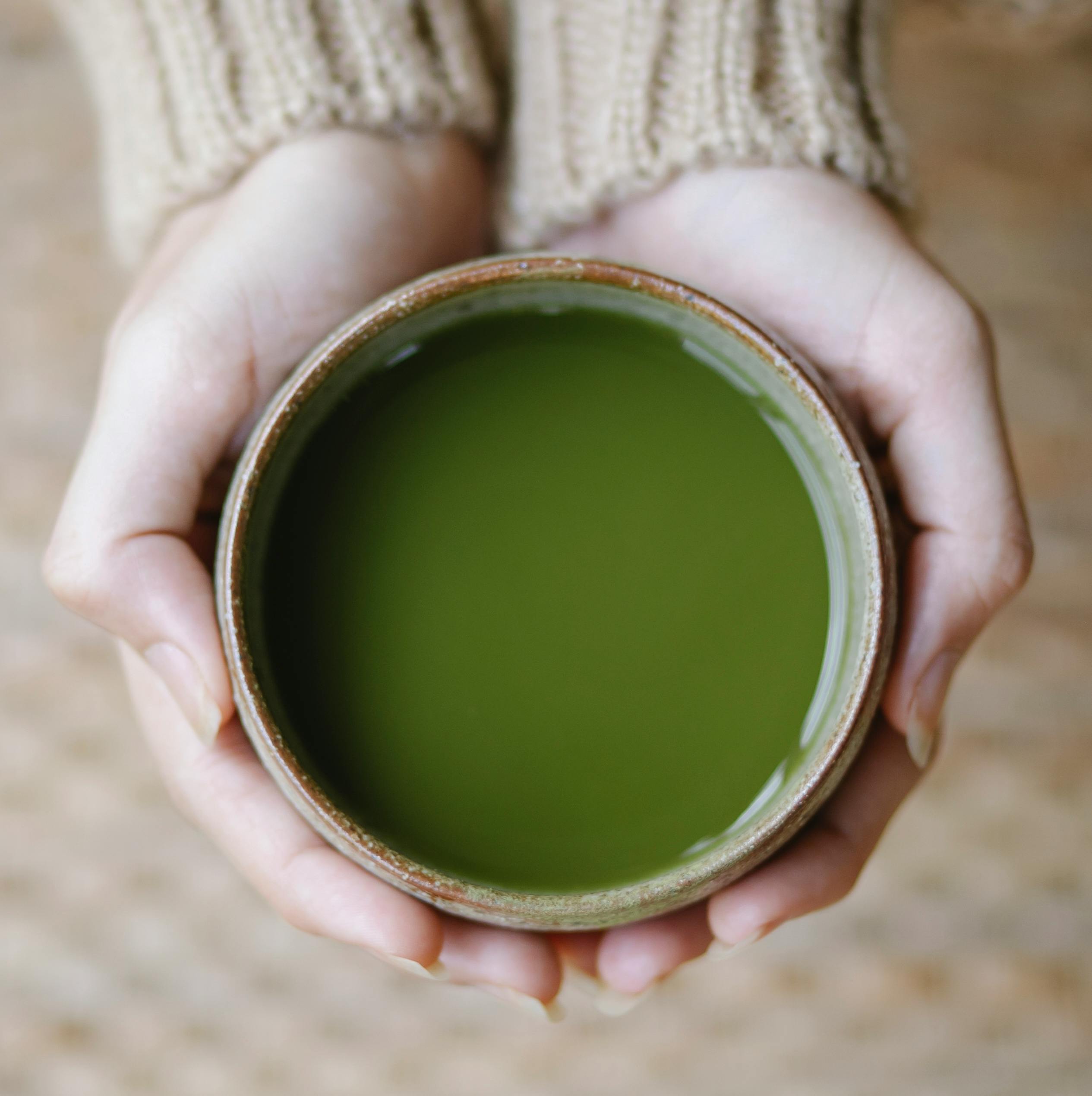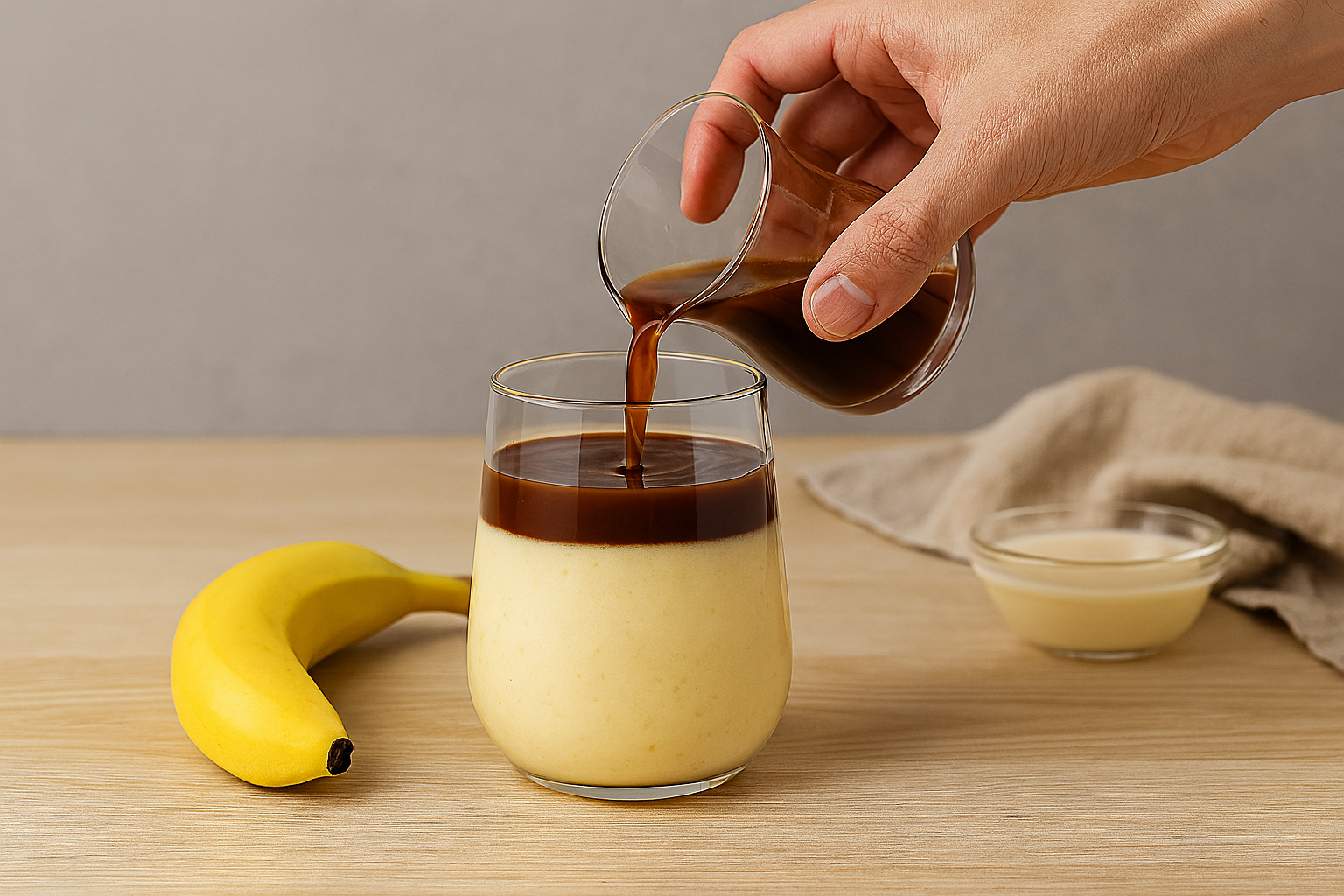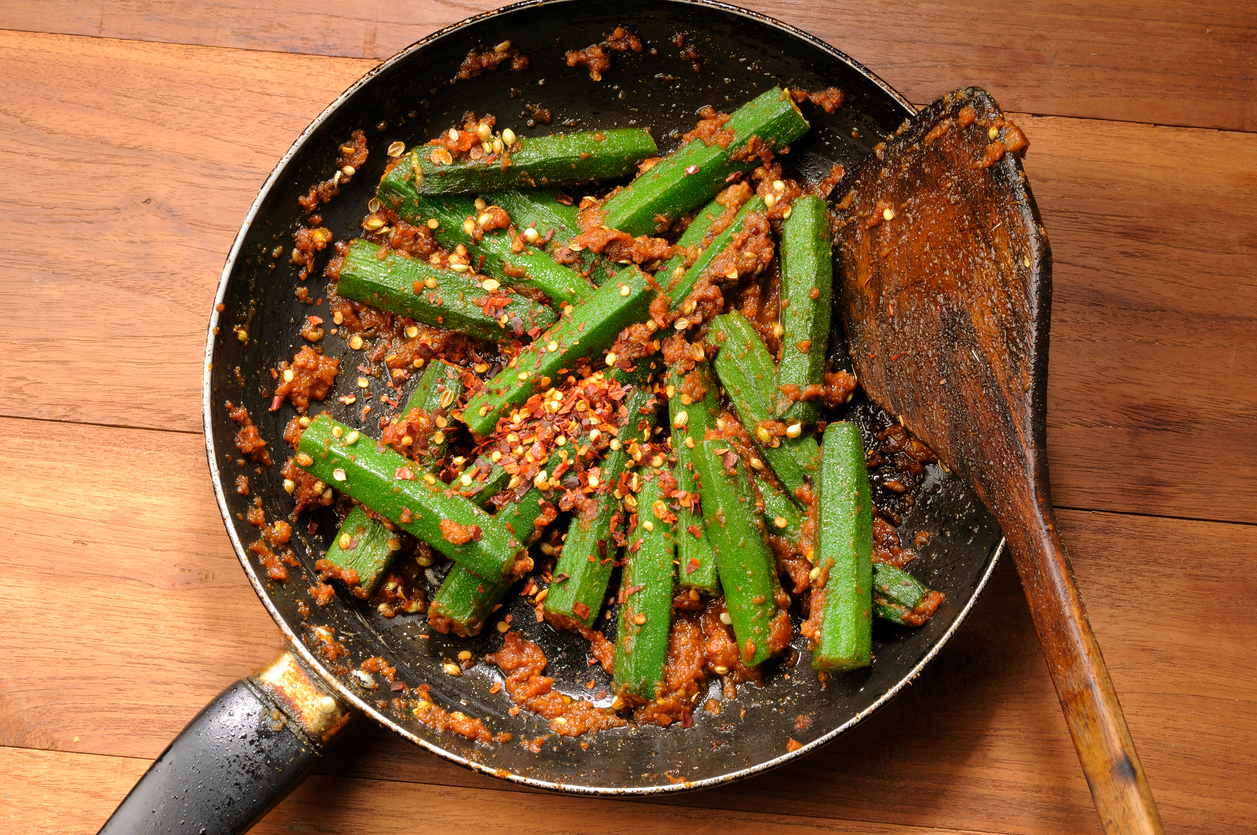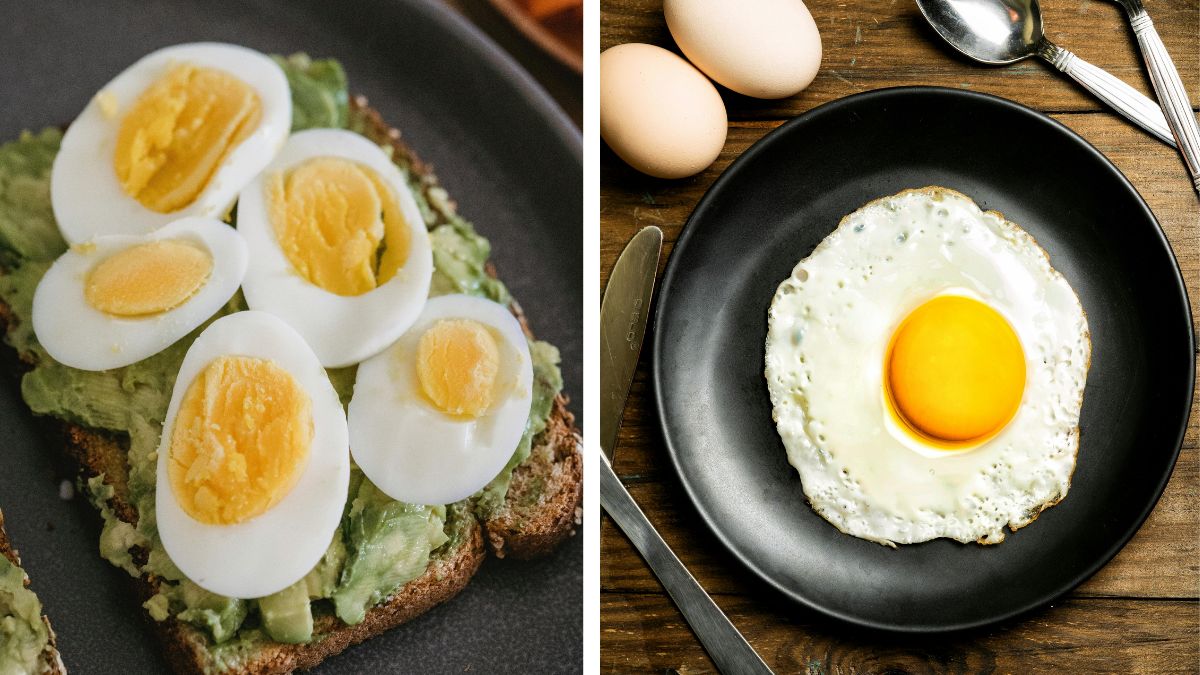I love eggs! They're quick, cheap, and I can make them a dozen ways. But when I'm trying to lose weight, I always pause: should I boil them or fry them? It turns out the answer isn't mysterious. Both give you high-quality protein, but how you cook them matters for calories, added fat, and even how full you feel afterwards. Below, I break down what nutrition research and dietitians say, and offer a simple rule of thumb you can actually use. The fact is that eggs are great for weight loss, whichever way you cook them.
Also Read: How Long Should You Boil Eggs? The Perfect Timing Guide
Why Eggs Are Good For Weight Loss
Eggs are rich in protein, vitamins and minerals, and they're very filling - all helpful for eating less overall. Multiple trials and reviews show that eating eggs, especially at breakfast, tends to increase satiety and can reduce calorie intake later in the day. That makes eggs a sensible choice when you're trying to lose weight.
Boiled Eggs Or Fried Eggs For Weight Loss?
1. Calories and fat: boiled eggs usually win
A hard-boiled egg has fewer calories than a fried egg, mostly because frying adds oil or butter. Nutrition database on MYFOODDATA shows a boiled large egg is roughly seventy to eighty calories, while a fried egg often ranges a bit higher, depending on the fat used. If you're counting calories, those extra calories from oil add up - and over days and weeks, that matters.
So, if you want the lowest-calorie option, choose poached or boiled. They add almost no extra fat but keep the protein intact.
2. Protein and satiety: both are excellent sources
Boiled and fried eggs deliver the same high-quality protein (all essential amino acids). Protein is the key reason eggs keep you full and help manage hunger between meals. Studies comparing egg breakfasts to carb-heavy breakfasts found that people who ate eggs felt fuller and sometimes ate fewer calories that day. That's useful for weight loss even when eggs are prepared differently.
3. Nutrients lost by cooking
Cooking changes some vitamins, but common methods (boiling, frying, poaching) retain most nutrients. High-heat, long cooking can degrade some micronutrients, and pan-frying at very high temperatures may promote oxidation of cholesterol - a theoretical concern noted by nutrition researchers - so moderate heat and shorter cooking times are sensible.
4. Fats and oil choice matter more
If you fry eggs with a teaspoon of olive oil or use a nonstick spray, the extra calories are small and the meal can still be weight-friendly. Problems arise when eggs are fried in large amounts of butter or used in meals alongside heavy breads and gravies. According to Healthline, using oils with higher smoke points (avocado, sunflower) is better for frying than repeatedly heating cheap oils.
Also Read: How To Make Omelettes Without Breaking Them: A Complete Guide
So which one should you pick- Boiled eggs or fried eggs?
- Want the lowest calories and simplicity? Boil or poach your eggs.
- Want flavour but still weight-smart? Fry in a teaspoon of olive oil or use a nonstick pan with spray.
- Pair eggs with vegetables and a whole grain (an egg + salad + small roti or slice of toast) - that combo adds fibre and makes meals more satisfying.
- If cholesterol is a concern, ask your doctor - for most healthy people, one to two eggs a day is fine, but individual guidance varies.
If weight loss is the priority, boiled or poached eggs are the simplest, leanest choices. But a lightly fried egg in a teaspoon of good oil still fits into a smart plan. What matters most is total daily calories, meal balance (protein plus fibre), and consistency. Eggs are a handy, satisfying tool - use them in the way you'll enjoy most and stick with.
About Neha GroverLove for reading roused her writing instincts. Neha is guilty of having a deep-set fixation with anything caffeinated. When she is not pouring out her nest of thoughts onto the screen, you can see her reading while sipping on coffee.

